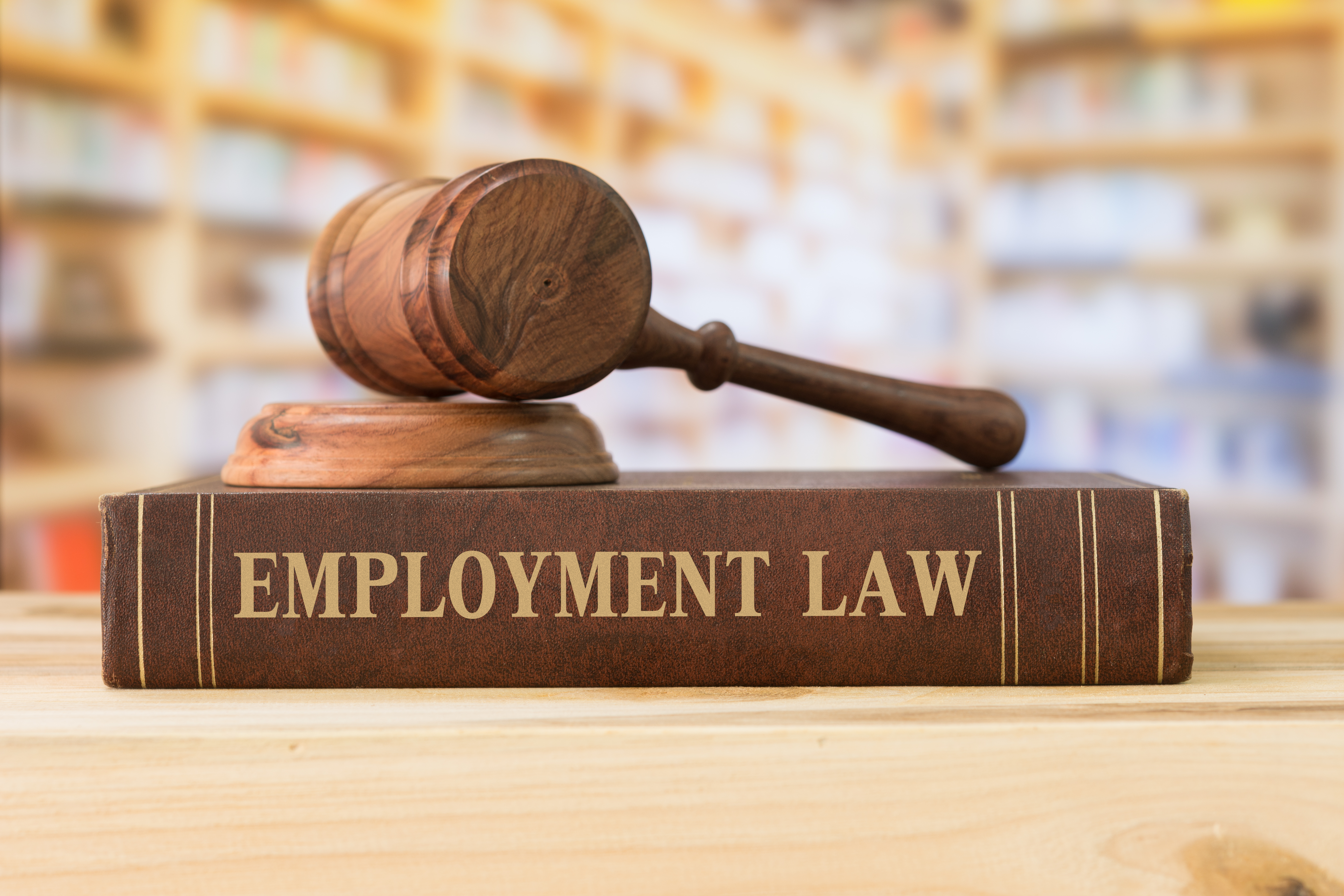California Labor Attorneys Explain Unique Differences in California Labor Laws

Everyone wants to be unique and special and if you are a California worker, you have some very unique and special rights under California labor law. Recently, the Seyfarth Shaw law firm released a new edition of Cal-Pecularities, a publication explaining how California employment law is different from the law in other states. At over 200 pages in length, the book covers a wide range of issues from the common wage and hour disputes to the more rare cases of excessive cell phone use and HIV/drug testing. The book in its entirety can be viewed at www.seyfarth.com
As pointed out by the Seyfarth Shaw, California employment law is in many instances much more expansive than federal law. Some of the more dominant examples include the following:
• California Fair Employment and Housing Act (FEHA): The FEHA prohibits any employer from engaging in discriminatory acts or retaliating against any employee who files a complaint of discrimination.
• Wage and Hour Laws: California has distinct laws regarding misclassification of employees, “off the clock” pay, rest and meal periods, pay for travel time, and bonus pay.
• Employee Privacy Rights: Unlike other states, California privacy provisions apply to both government and private employers. This includes a variety of activities, including background checks, emails, voice mails, and video surveillance.
• California Family Rights Act: California law has a very liberal policy regarding family leave. If you are a pregnant woman, you can take 12 weeks of leave from work under the Family Medial Leave Act, but under California law you can take up to 4 months.
The “novelty” of California labor law perhaps began with the passage of the Private Attorney General Act of 2004. This law allows citizens to pursue civil penalties on behalf of the State of California Labor and Workforce Development Agency as long as there is formal notice and waiting procedures are followed. In essence, the aggrieved employee is allowed to act as an attorney general. Any resulting recovery is split between the parties with the LWDA receiving 75% and the employee receiving 25%. This law gives employees a great deal of power to bring lawsuits to enforce the more obscure provisions of the California labor code.
If you have any questions regarding your employment rights, you should contact a knowledgeable California labor law attorney.
Call now to have your questions answered with no obligation (213) 261-0229
Photo Credit: Shutterstock/ create jobs 51